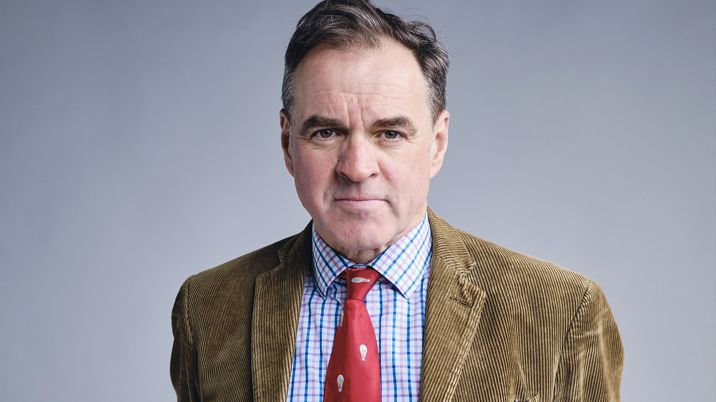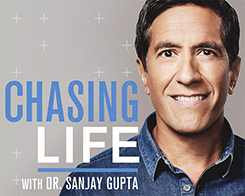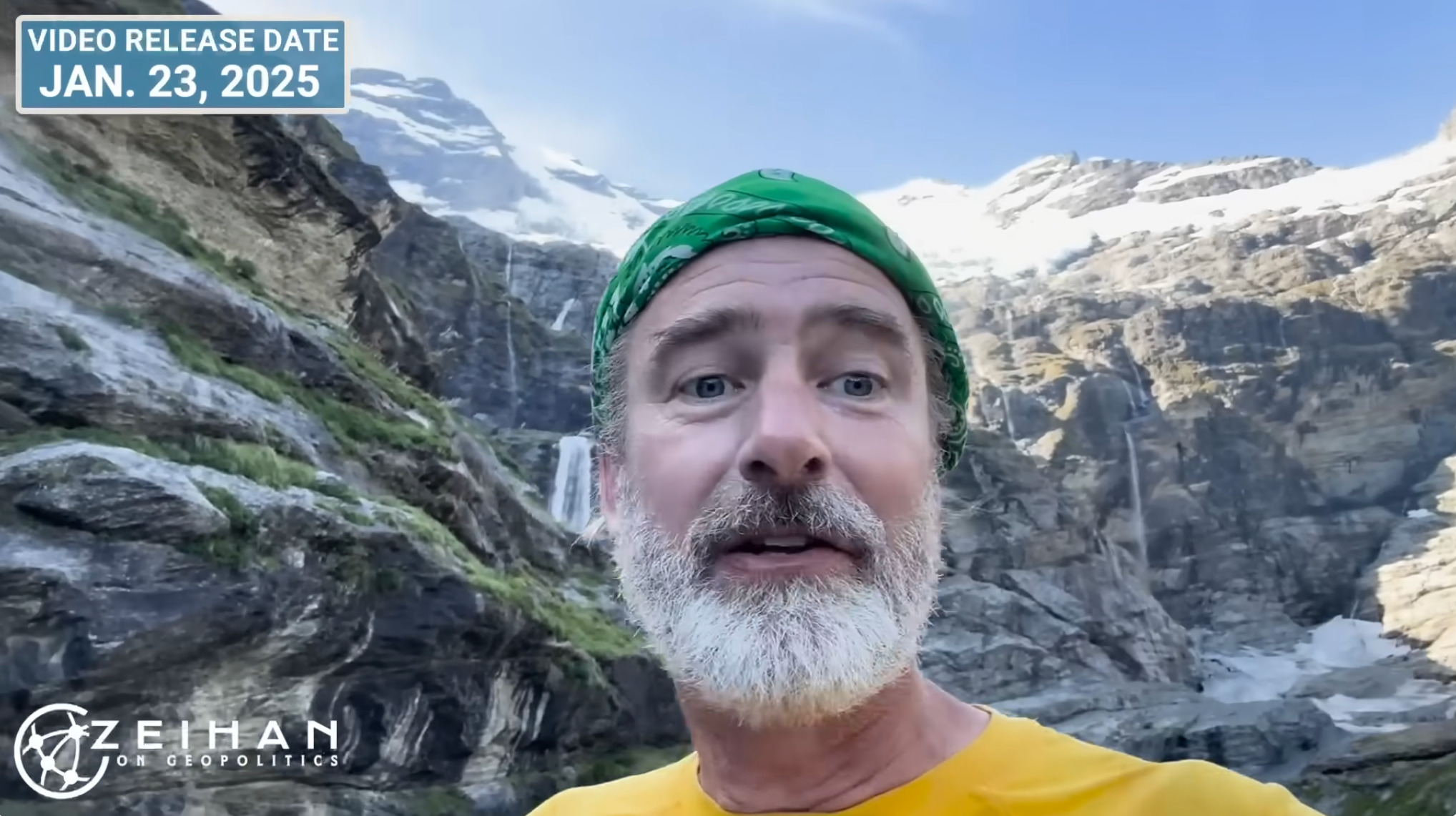
Sir Niall Ferguson Joins The Times
The Times announces Sir Niall Ferguson has joined as a contributing writer and will write 12 exclusive pieces per year. He offers his unique insights…
Thought Leader: Niall Ferguson
By now, the Omicron wave of the coronavirus has crested in much of the United States. But the size of the wave, which broke records for national cases and hospitalizations, has given regulators and scientists an opportunity to better assess vaccine efficacy in children ages 6 months to 4 years old, Dr. Scott Gottlieb, a former commissioner of the Food and Drug Administration, said on Sunday.
Dr. Gottlieb, who sits on the board of the vaccine maker Pfizer, said that he hopes key data expected on Friday will shed additional light on whether the federal government should grant emergency authorization for two doses of Pfizer-BioNTech’s vaccine for children in this age group.
“We now have an opportunity to look at a much richer data set,” Dr. Gottlieb said on CBS’s “Face The Nation.” He did not specify what that data would reveal. Still, he emphasized that the toll Omicron took on children in particular gave Pfizer a stronger basis for comparison of those given vaccines and those not.
“Some got infected, hopefully some didn’t,” he said of the test group. “I think that’s what the data package is going to show, and I think it’s going to give a much clearer picture of” the vaccine’s efficacy against Omicron.
He said that the newer data would help illuminate results that had been less rich before the full Omicron wave had crested.
At the urging of the federal government, Pfizer and its partner BioNTech applied last week for authorization for two doses of its vaccine to children 4 and younger.
But results released in December did not show the hoped-for immune response in children ages 2 to 4. Children 6 months to 2 years old showed a comparable response to that of older teenagers and young adults.
The disappointing finding has led the companies to test a third shot in young children, but those results will not available for a few weeks. Still, in hopes of getting a jump start on the vaccination effort, the F.D.A. urged the companies to apply for authorization of two doses while everyone awaits data on the third dose.
The thinking is that if two doses are authorized and given, then children would be prepared for a third dose if and when research demonstrates that three shots prove fully effective.The full data on the trials have not been made public. But one person familiar with Pfizer’s research, who spoke on condition of anonymity, told The New York Times recently that children 6 months to 2 years old who received two doses became infected at a 50 percent lower rate than a placebo group, while children 2 to 4 years old became infected at a 57 percent lower rate.
Dr. Vivek Murthy, the surgeon general, said last week said no corners would be cut with Pfizer’s application for emergency authorization of the vaccine in young children. The application, he said, would “undergo the same independent, rigorous and transparent review process” that was used to clear the vaccine for adults. He also cited the role of the Omicron surge and its impact on children.
“Whether that changes the risk-benefit profile is what the F.D.A. will be assessing,” Dr. Murthy said. “But there has been developments since December on the data front.”
Sir Niall Ferguson Joins The Times
The Times announces Sir Niall Ferguson has joined as a contributing writer and will write 12 exclusive pieces per year. He offers his unique insights…
Thought Leader: Niall Ferguson
Dr. Sanjay Gupta: Is Ozempic Really A Miracle Drug?
New drugs like Wegovy, Ozempic and Mounjaro are billed as a revolutionary new approach for losing weight. But are these actually miracle drugs? Dr. Sanjay…
Thought Leader: Sanjay Gupta
Peter Zeihan: The Geopolitics of Climate Change
From Peter Zeihan: With a glacier as the backdrop for this video, I figured it only appropriate to discuss resource exploitation, Arctic shipping, and agriculture…
Thought Leader: Peter Zeihan

